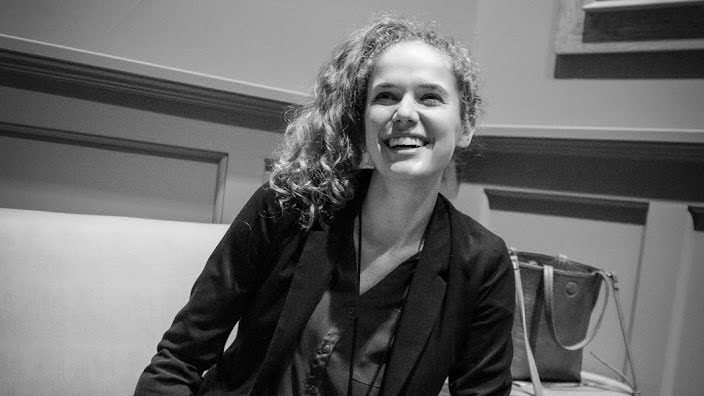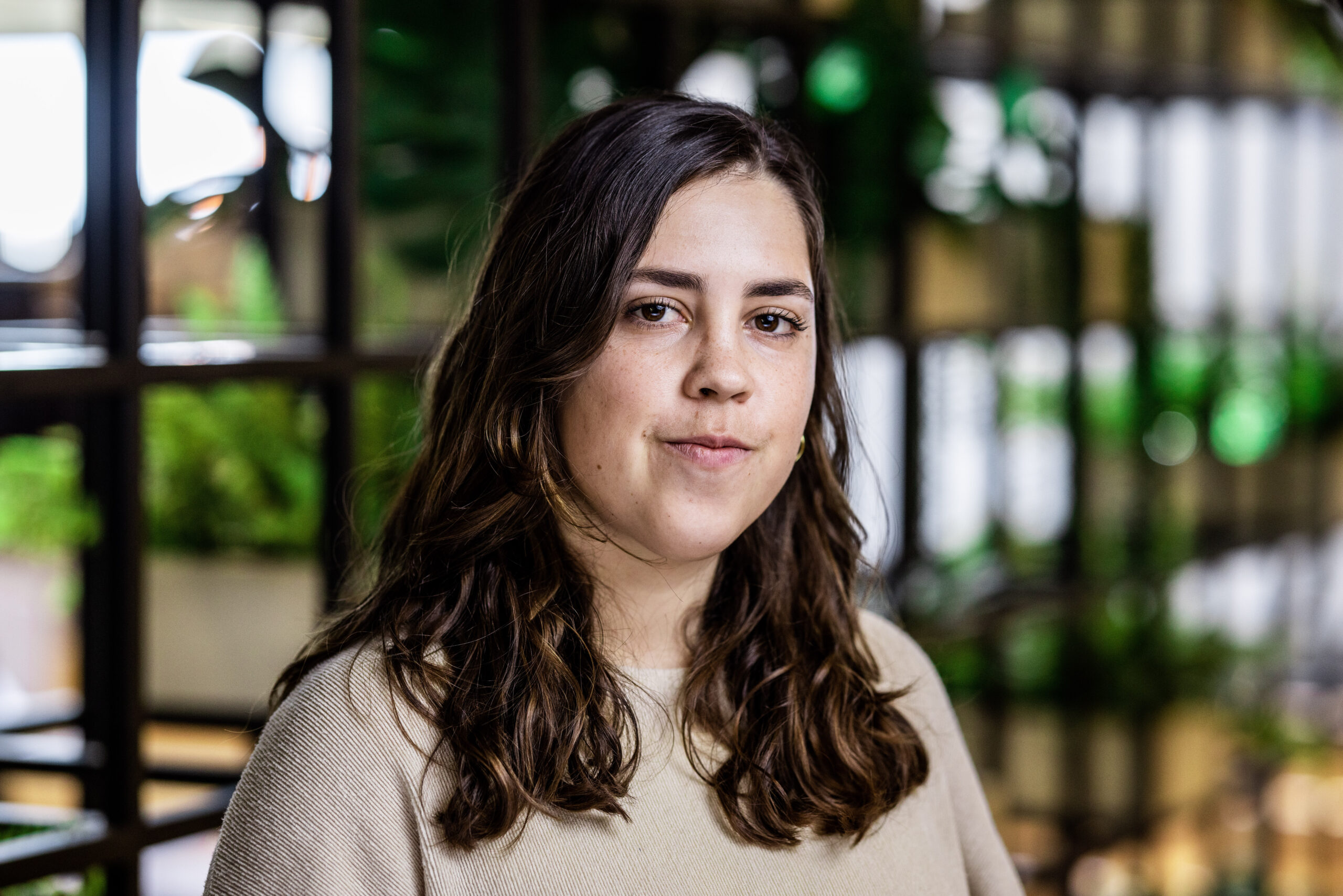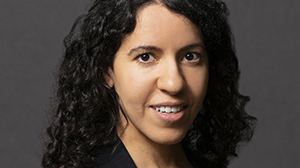A 2018 graduate of Middlebury College,Tabitha Mueller started out at The Nevada Independent as an intern and is now a staff reporter. We talked to Mueller about her experience in the Poynter-Koch Media and Journalism Fellowship program.
Why did you apply for the fellowship?
I came to journalism in a nontraditional way. I created a joint major in college, English and geography, because I was interested in how ideas about place and space are affected by, and shape, literature. As part of a case study for my senior thesis focused on the concept of home, I interviewed residents of weekly motels in Reno. After graduating, I spent a year teaching English in Japan and then moved back to the United States to pursue a career in journalism.
I settled in Reno to freelance. Then I landed an internship at The Nevada Independent. Two previous interns had completed the fellowship. My English and geography degree has given me a unique skill set, but I wanted to get additional training and networking opportunities within journalism.
How do you feel your experience as a fellow helped your career progress?
I gained confidence. I learned to think about what could be possible; how to come up with ideas and balance daily work with long-term projects. I started pitching more stories, including a long-form piece that explored how a new Nevada eviction law affected residents. I used many of the skills I honed within the fellowship for the piece and, later, won first prize for narrative nonfiction from the Society of Professional Journalists in Las Vegas for that story. We have a small newsroom, so when a reporter left, I took on additional responsibilities and revamped a newsletter, COVID in Context, that provided community members with information to navigate the pandemic.
The fellowship also provided tangible skill-building, including media training. As a result, I was prepared to take several interviews with CNN as part of our midterm elections coverage.
Journalism is difficult work. What is the biggest challenge facing reporters like you?
I think it’s sometimes hard for a young person to envision a career in journalism. It’s not a traditional job and we live in a world that encourages the traditional.
Pay is definitely an issue and journalists are thrown into high-pressure situations quickly. It’s a difficult field to break into and we’re always under scrutiny. The fellowship offers resources to navigate tough situations. We talked about personal wellness and how to lay down boundaries, negotiate salaries, and communicate with editors to manage workload. The fellowship can’t solve these problems, but it gives journalists a support network to address them.
What ideas and principles did the fellowship address, and why are they important for a reporter to consider?
Journalism is essential for democracy. But it’s also about helping people through storytelling and sharing information. As reporters, that purpose means we hold a lot of power — who are we to report on someone else’s experience? So in the fellowship, we debated ethics and how to live and interact humbly in the communities where we report. We discussed how to talk to people from different backgrounds or who hold different views, how to honor a trauma victim when you’ve never experienced what they’ve been through, and how to approach issues such as housing insecurity.
We also discussed what it means to be fair and equitable. Of course we’re going to quote a politician, but what if our subject is an undocumented person? How do we treat them with dignity and ask for their trust? I loved these discussions.
What was your innovation project, and how could it change journalism?
I developed a news tip intake process for The Nevada Independent that we’re in the process of implementing. We get tips through many different platforms — calls, emails, encrypted platforms, and more. Under this system, every tip will be auto-forwarded to be reviewed by an editor. Editors and beat reporters can interact within the system to develop a story. When fully implemented, not only will this tool ensure we’re not missing anything, but it will better connect us to what’s going on in the community. We can be more responsive to tipsters, and our process will be more transparent.
Did you experience anything as a fellow that changed the way you report? What was the biggest takeaway?
I explored other types of journalism, including radio and TV, through fellowship workshops. The program brought in journalists who are the top in these fields, and they provided playbooks for how to be successful. In particular, the fellowship helped me understand how to be a good reporter in fast-moving situations or where there’s a lot of turmoil.
Overall, the fellowship deepened the way I report by pushing me to think about why I’m doing a story. I got to pull back and think about why what I do is important, which was a beautiful experience.
What are you working on now, and why are you excited about it?
Local journalism is about the people with whom you live and work. I grew up in a rural town in Oregon. That’s the community I think about when I’m reporting, and those are the people whose stories I want to tell. In places like my hometown, you need journalists who will hold the city council accountable and who will highlight the accomplishments of residents, particularly young people.
I’m hoping to develop more pieces like the one I did about eviction courts, but we’re also headed into the state legislative session, so I’ll be busy with that. I love local journalism, and I’m excited to keep working.
Photo credit: Joey Lovato



